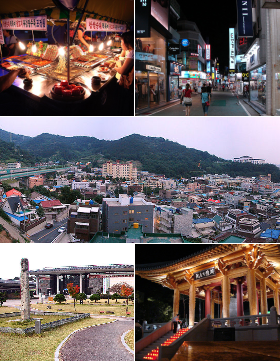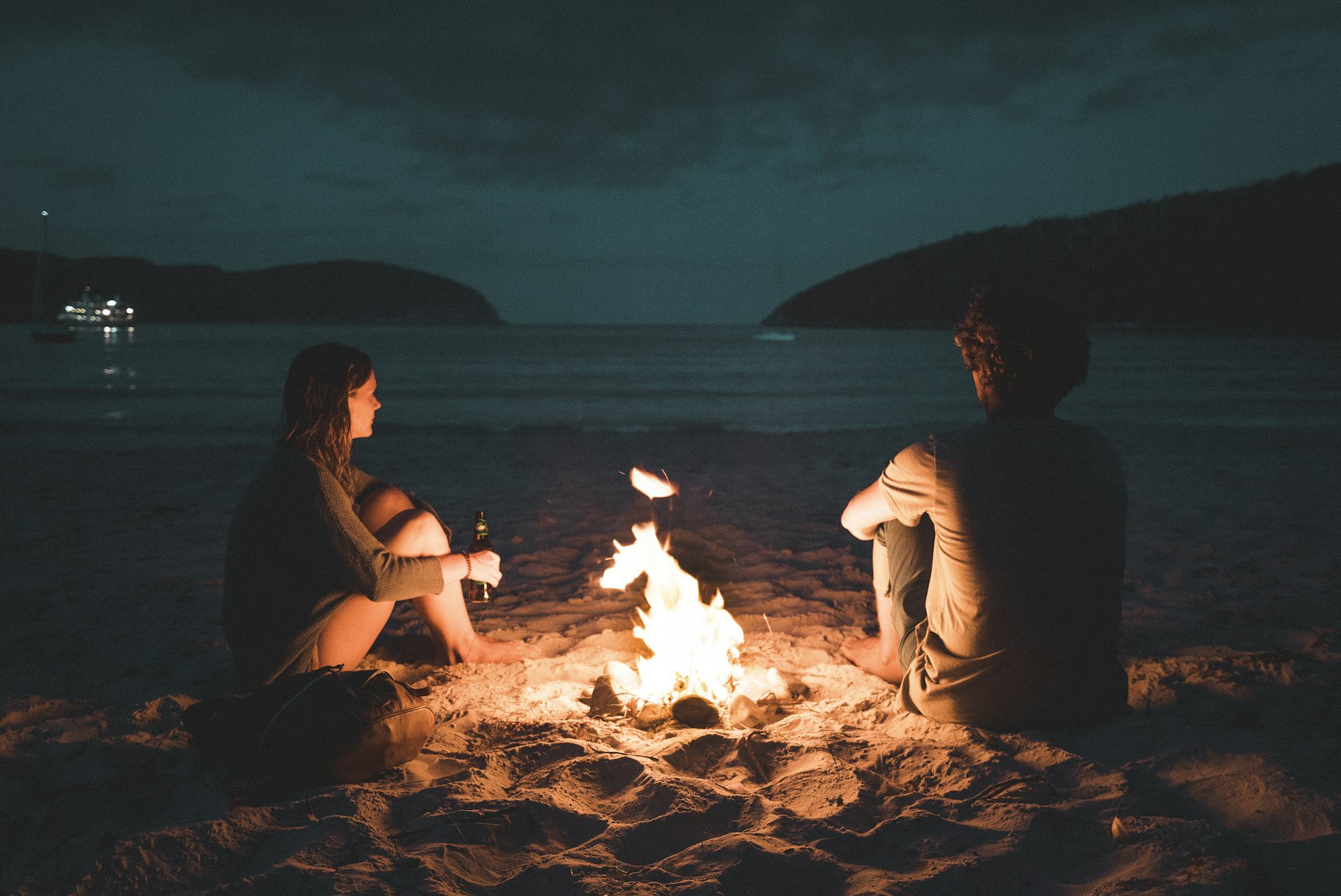Gwangju, Korea, Republic of

population: 1.46 million
extension: 501.2 square kilometers
Museums
If you're in Gwangju and interested in museums, I would suggest visiting the May 18th National Cemetery and the 5.18 Memorial Park, which both commemorate the 1980 Gwangju Uprising. Other museums worth checking out include the Gwangju Museum of Art and the Gwangju Folk Museum. If you're looking for similar museums to visit nearby, I would recommend the Jeonbuk National University Museum in Jeonju or the Jeollanam-do Provincial Museum in Yeosu.
Food
Some of the most recommended, popular, and typical dishes to eat in Gwangju according to local people include:
1. Bibimbap: a dish made with rice, vegetables, meat, and egg, all mixed together with spicy gochujang sauce.
2. Gwangju-style galbi jjim: a stew made with beef short ribs, soy sauce, and other seasonings.
3. Namdo-style haejangguk: a hearty soup made with beef bones, vegetables, and congealed cow's blood.
4. Ssambap: a dish where you wrap rice and various toppings like vegetables, meat, or seafood in lettuce or perilla leaves.
5. Makgeolli: a traditional Korean rice wine that's slightly sweet and fizzy, often paired with savory pancakes (jeon) or spicy stir-fried squid (ojingeo-bokkeum).
These are just a few examples, but there are many delicious and unique dishes to try in Gwangju and throughout Korea!
Activities
Sure, here are some fun activities that local people enjoy doing in Gwangju:
1. Hiking: Gwangju has many hiking trails, including Mudeungsan National Park, which is a popular spot for locals to go hiking and enjoy nature.
2. Nightlife: Gwangju has a vibrant nightlife scene, with many bars and clubs located around the city. The most popular area for nightlife is downtown Gwangju, near Geumnam-ro.
3. Food tours: Gwangju is known for its delicious food, especially its street food. Taking a food tour is a great way to explore the city's culinary offerings and learn more about Korean cuisine.
4. Shopping: There are many shopping malls and markets in Gwangju, including the Gwangju World Cup Stadium Market and the Yangdong Traditional Market. These places are popular with locals looking to buy clothing, souvenirs, and other items.
5. Cultural events: Gwangju hosts many cultural events throughout the year, including the Gwangju Biennale art festival, the Gwangju Kimchi Festival, and the Gwangju International Film Festival. Attending these events can be a great way to experience Korean culture and meet new people.
